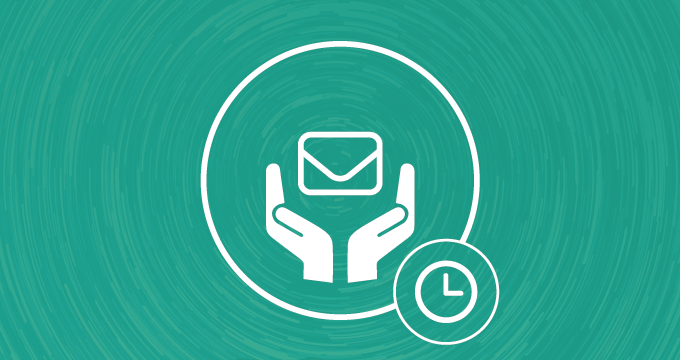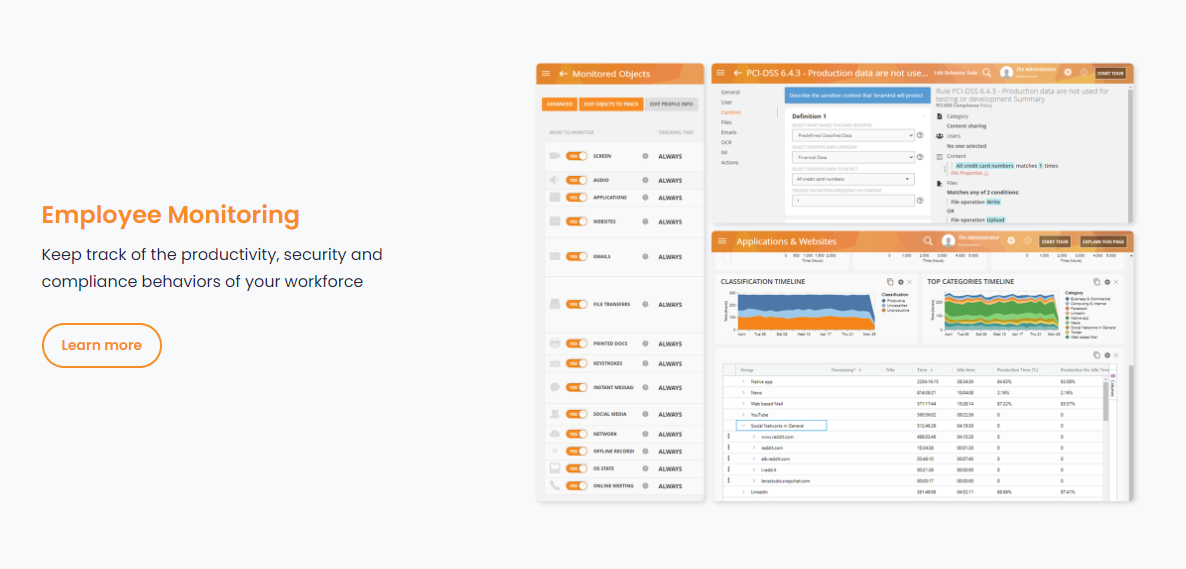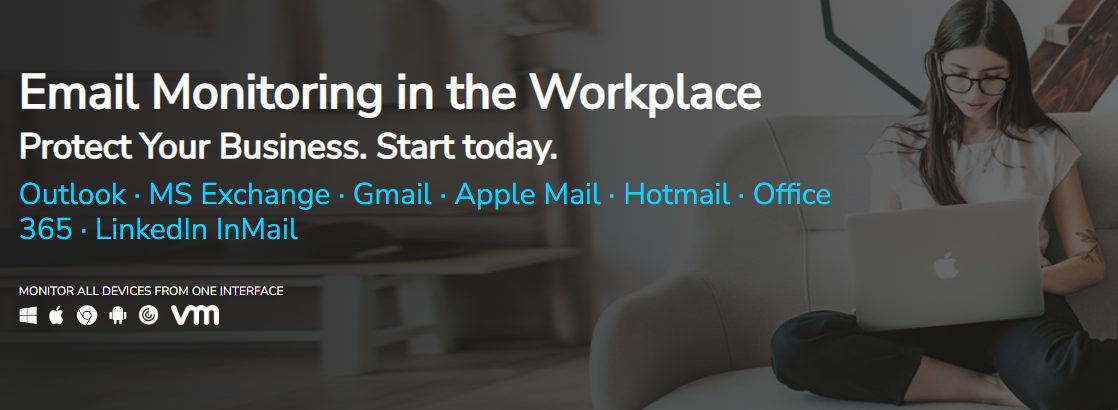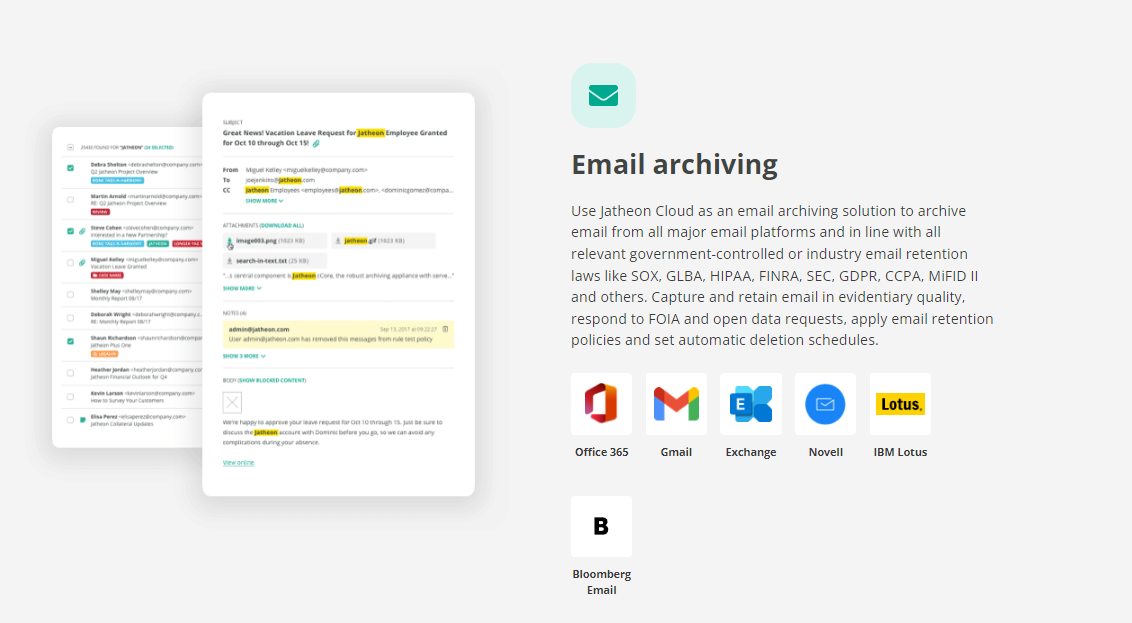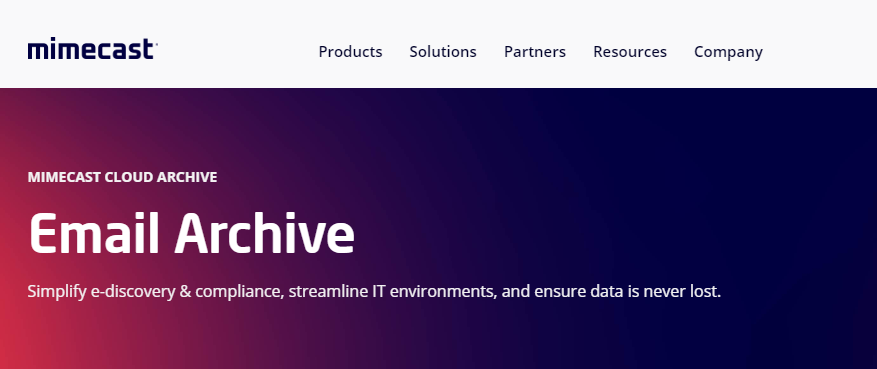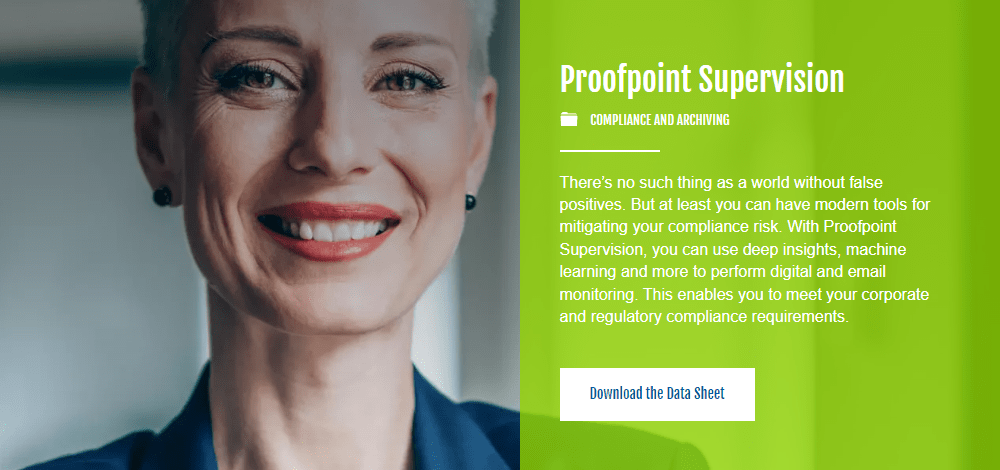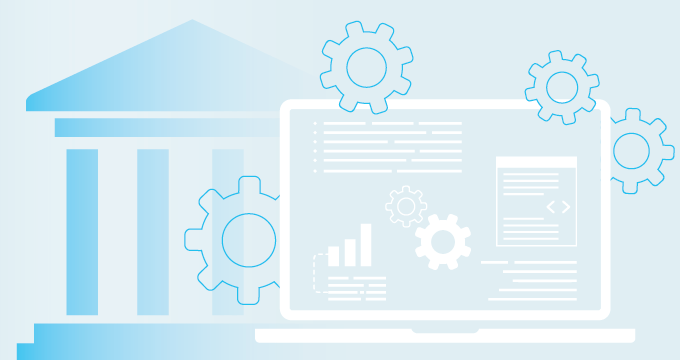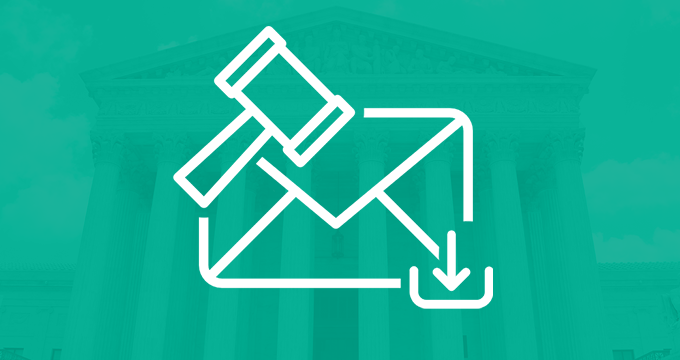Employee email monitoring isn’t just a tool for managing productivity, but a key aspect of regulatory compliance.
With numerous regulations dictating how and why employee emails should be monitored, it’s important for companies to understand and implement effective monitoring strategies.
This article aims to provide a comprehensive guide on employee email monitoring, focusing on compliance and highlighting the top tools available.
Understanding Employee Email Monitoring and the Compliance Landscape
Employee email monitoring: definition and scope
Email monitoring refers to the process where an organization examines its employees’ email communications. This practice is often employed to ensure employees adhere to company policies, prevent data breaches, and comply with legal and regulatory obligations.
In essence, it involves scanning email content, attachments, and even metadata to keep a tab on the flow of information in and out of an organization.
Legal and ethical considerations
Laws such as the Electronic Communications Privacy Act (ECPA) in the United States provide a framework for email monitoring.
From an ethical standpoint, it’s about balancing the organization’s need to monitor and the employees’ right to privacy. Clear policies, employee consent, and transparency are crucial elements in this balancing act.
The compliance landscape: an overview of key regulations affecting email monitoring
- HIPAA (Health Insurance Portability and Accountability Act) — Critical for healthcare organizations, HIPAA mandates the protection and confidential handling of protected health information (PHI), which is often communicated through emails.
- FINRA (Financial Industry Regulatory Authority) — Financial services firms are under the control of FINRA, which requires strict monitoring and archiving of communications, including emails, to ensure transparency and prevent fraud.
- GDPR (General Data Protection Regulation) — This European Union regulation impacts any organization dealing with EU citizens’ data. The GDPR emphasizes the importance of data privacy and the individual’s control over their personal information, impacting how emails are monitored and stored.
- FERPA (Family Educational Rights and Privacy Act) — FERPA governs access to educational information and records, including email communications.
Each regulation comes with its specific requirements and nuances, influencing how organizations set up their email monitoring systems.
Non-compliance can lead to significant fines, legal challenges, and reputational damage, making compliance a key driver in the implementation of email monitoring systems.
Let’s explore the top tools for employee email monitoring, focusing on how each aligns with these compliance needs and the comparative analysis of their features and benefits.
Top Tools for Employee Email Monitoring
Speaking of employee email monitoring, especially in the context of compliance, it’s essential to have the right tools.
Here are the top tools that stand out for their features, compliance capabilities, and overall effectiveness.
Teramind
Key Features
- User Behavior Analytics: Provides deep insights into user activities, identifying potential security risks.
- Insider Threat Detection: Detects anomalous behavior that may indicate internal threats.
- Data Loss Prevention: Monitors and controls data transfer to prevent leaks.
Compliance Aspects
- Equipped to handle compliance requirements for HIPAA, GDPR, and other regulations, particularly with its strong focus on security and behavior analytics.
Pros and Cons
- Pro: Comprehensive monitoring and security features.
- Con: Implementation and ongoing management may require significant IT resources.
InterGuard
Key Features
- Comprehensive Monitoring: Tracks all user activity including emails, chat, web browsing, and file movements.
- Data Loss Prevention: Offers strong DLP capabilities to protect sensitive information.
- Web Filtering: Controls and monitors internet access, enhancing security and compliance.
Compliance Aspects
- Robust tool for enforcing compliance with regulations like HIPAA and GDPR through its extensive monitoring and data protection features.
Pros and Cons
- Pro: All-encompassing monitoring capabilities covering various aspects of user activity.
- Con: Focused on larger businesses with remote workforce.
Jatheon
Key Features
- Email Archiving: Efficient storage and retrieval of emails for compliance and eDiscovery.
- Advanced Search: Quick and accurate search capabilities for easy data retrieval.
- Compliance Management: Tailored solutions for regulatory compliance, including HIPAA, GDPR.
Compliance Aspects
- Specializes in compliance and eDiscovery, ensuring adherence to various regulatory requirements with a focus on email communication.
Pros and Cons
- Pro: Strong focus on email archiving and compliance.
- Con: More specialized in email archiving than broader employee monitoring aspects.
Barracuda
Key Features
- Advanced Threat Protection: Barracuda Networks offers robust security features, including virus and malware scanning.
- Data Loss Prevention: This tool ensures sensitive data is not sent out via email unintentionally or maliciously.
- Archiving: It provides a secure, cloud-based archive for emails, aiding in data retrieval and compliance.
Compliance Aspects
- Supports compliance with regulations like HIPAA, GDPR, and others through its comprehensive archiving and data protection capabilities.
Pros and Cons
- Pro: High-level security features.
- Con: Can be complex to set up for smaller organizations.
Mimecast
Key Features
- Secure Email Gateway: Mimecast offers protection against spam, malware, and other email-borne threats.
- Targeted Threat Protection: Implements advanced scanning techniques to protect against phishing and impersonation attacks.
- Archiving and Compliance: Mimecast provides robust archiving solutions, ensuring easy retrieval and compliance adherence.
Compliance Aspects
- Strong focus on GDPR compliance with data processing and retention capabilities.
Pros and Cons
- Pro: Offers a comprehensive set of email security and archiving features.
- Con: The user interface can be overwhelming for new users.
Proofpoint
Key Features
- Advanced Threat Protection: Proofpoint uses predictive analytics to stop email threats before they reach the inbox.
- Information Protection: Ensures sensitive data is not shared inappropriately via email.
- Compliance Data Management: Helps in data discovery and supervision for regulatory compliance.
Compliance Aspects
- Tailored solutions for various regulations including HIPAA, FINRA, and GDPR.
Pros and Cons
- Pro: Excellent threat detection capabilities.
- Con: Pricing can be higher than some other options.
Overcoming Common Challenges in Employee Email Monitoring
Implementing an effective email monitoring system in the workplace comes with challenges. From balancing privacy concerns to handling massive volumes of data, organizations must navigate these obstacles carefully to maintain both compliance and trust.
Balancing privacy with compliance
The challenge here lies in monitoring employee emails for compliance purposes while respecting their privacy. To do this properly, you need to:
- Develop clear policies — Establish transparent policies regarding email monitoring. Ensure employees understand the scope and reasons for monitoring.
- Consent and communication — Obtain explicit consent from employees for email monitoring. Regular communication about how monitoring is conducted can alleviate privacy concerns.
- Limit scope of monitoring — Focus monitoring efforts on areas most relevant to compliance and security, avoiding unnecessary intrusion into personal employee communications.
Handling data volume and security
- Here’s what you need to manage and secure these massive volumes of data and stay on the ball: Effective data management tools — Use robust email archiving and monitoring tools that can handle large volumes of data efficiently.
- Regular audits — Conduct regular audits to ensure that data is being managed correctly and that no redundant or unnecessary data is being stored.
- Strong security measures — Implement strong security protocols, including encryption and access controls, to protect against data breaches.
Email monitoring is an evolving field, and staying informed and adaptive is key. By leveraging the right tools and strategies, organizations can navigate the complexities of email monitoring while upholding both compliance and trust.
FAQ
What is the primary purpose of employee email monitoring?
The primary purpose is to ensure compliance with legal and regulatory standards, protect sensitive data, and maintain workplace productivity and professionalism.
How can organizations balance employee privacy with email monitoring?
By establishing clear policies, obtaining employee consent, limiting the scope of monitoring to what’s necessary for compliance, and maintaining transparent communication about monitoring practices.
Are there specific industries where email monitoring is more crucial?
Yes, industries such as healthcare, finance, education, and government, where data sensitivity and compliance requirements are higher, tend to prioritize email monitoring more.
What should organizations look for when choosing an email monitoring tool?
Organizations should look for tools that align with their specific needs in terms of compliance, data volume handling, security features, user-friendliness, and integration capabilities with existing systems.
Read Next:Top 5 DataCove Alternatives for Email Archiving Top 5 Google Vault Alternatives To Consider for Email Archiving Top 5 Email Archiving Software Features (for 2024 and beyond) |
